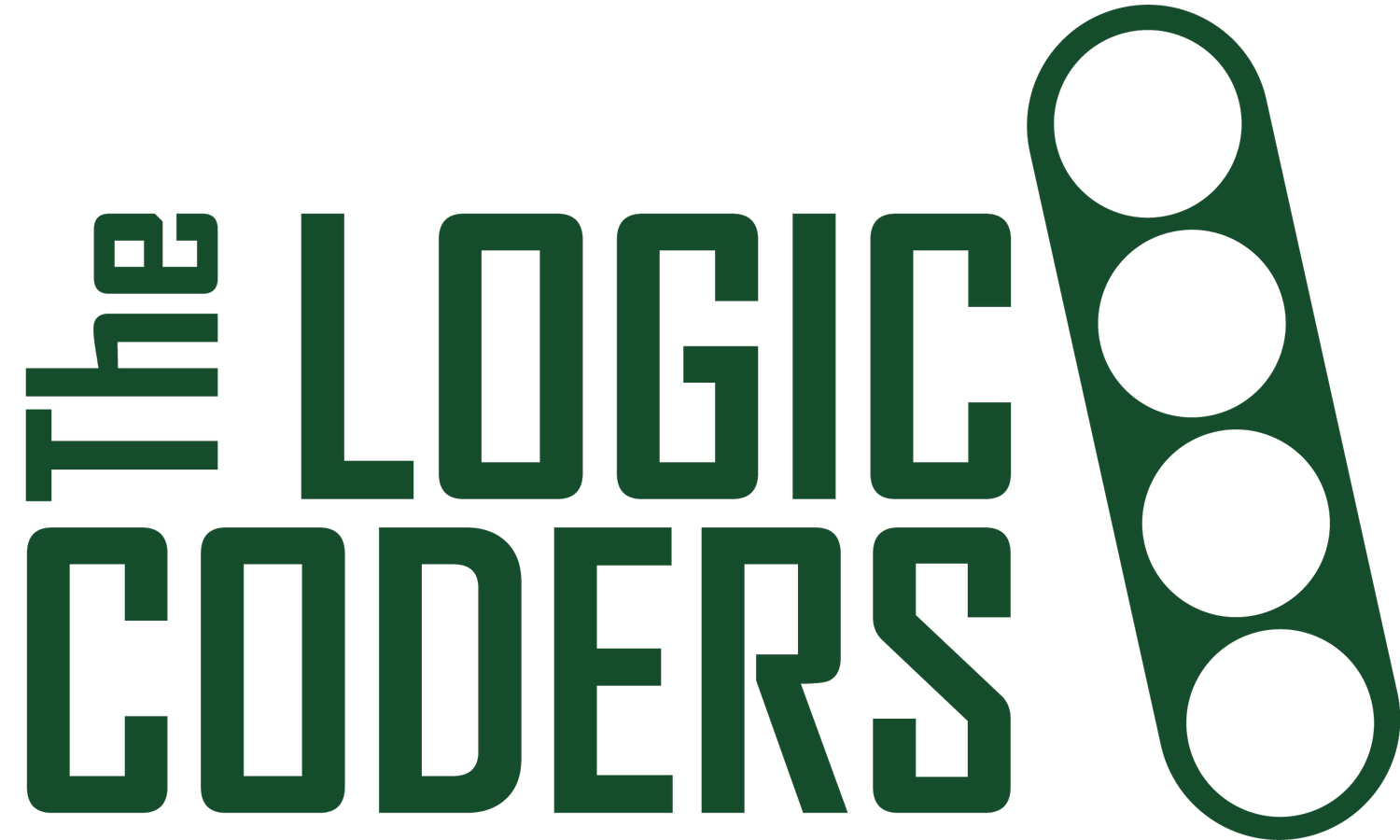How to pick the right coding class for your child?
We think that any coding class worth consideration and your precious time should achieve the following:
Develop computational thinking and cognitive abilities
Prioritize knowledge that can be learned in one context and applied to others
Frame learning in relevant and realistic contexts
Use approaches that are thematic, problem-based, and project-based
Based on the above goals, here are some factors that we think should be considered when trying to make sense of the various courses today:
Cognitive rigor - What is the curriculum designed to teach?
From our experience running a coding school, parents often assume that 'what' is being taught is determined by the coding platform of the class, whether its Lego EV3 Robotics, Python or Scratch. No! This is not the case. 'What' is being taught is probably more important and does not depend on the coding platform used. Learning to code is more than just memorizing the syntax of a coding language.
Coding classes have to be designed to teach the 'essence' of the subject. Coding classes should focus on logic and computational thinking which can be used to solve the problems of tomorrow. Curricula designed with this in mind tend to be more abstract and challenging for younger students, it is that challenge that stretches their minds and stimulates cognitive development.
Coherence - Is the curriculum designed with understanding of a child's development and progression?
This is an area that is usually overlooked by parents. Coding concepts are abstract and mentally demanding to learn especially for younger kids, thus 'how' classes are taught a well deserves attention. At the end, what your child gains from the coding classes are the concepts he/she remembers and retains from the class.
Special effort needs to be made to show how coding concepts are relevant to a child's everyday experiences. This context promotes deep understanding of abstract concepts, and is especially important for younger kids.
Children also often get frustrated in activities that demand a high level of precision, like coding. Coding schools need to be mindful to make sure content that is taught is age appropriate and do not cause the child to lose interest in the subject.
Interdisciplinary learning - Does the course allow knowledge from other fields to be used?
Concepts cannot be understood in a vacuum. Coding schools in their design of their programs must bring in engineering, math, science, arts.
This aspect is important as it not only enhances understanding and retention of the coding concepts taught during class, it also reinforces and provide context for what kids learn in school!
To sum it up, learning to code provides a unique opportunity for kids to develop cognitive abilities, reinforce concepts from school to help them excel in academics, and position to thrive in the digital economy of the future. We have given our 2-cents about what makes a good coding course which we hope will help parents demystify and evaluate the many programs and classes out there - happy shopping!

